Humayun Faridee: Remembering the ‘actors’ actor’
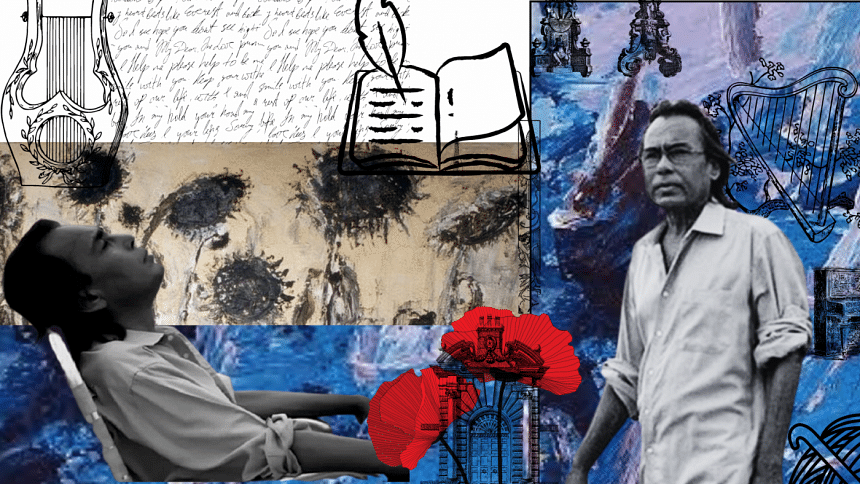
"Nothing in this universe is as serene, as profoundly beautiful, as death. For death is inevitable. If you are born, you must die. Remembering this truth, we would not stray into sin. To embrace the inevitable is the truest wisdom, and in it lies the deepest peace," the prodigal son of Bengal, the late Humayun Faridee once shared on death in a profound interview.
"Fearing death is a folly. The wise do not fear its approach. Embrace it, accept it, welcome it, and you will discover an extraordinary beauty in life," the artiste elaborated who left us on a spring evening 14 years ago.
Humayun Faridee, a luminary of Bangladeshi stages, screens, and television, took his final breath on February 13, 2012, in Dhaka. Yet his physical departure does not signify erasure. His creations and artistry have transcended time, rendering him immortal in the hearts of his admirers. While literal victory over death is unattainable, Faridee achieved a form of immortality through the enduring legacy of his work.
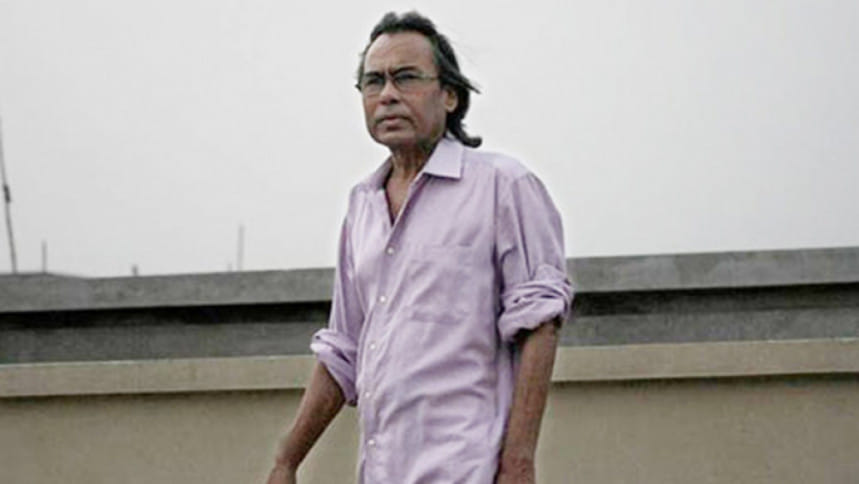
Born on May 29, 1952, in Dhaka, Faridee pursued his education in Economics at Jahangirnagar University. It was during his university years that he became involved with theatre under the tutelage of one of the brightest stars of the Bangladeshi theatre scene, Natyacharya Selim Al Deen. On stage, he delivered iconic performances in plays such as "Tritirtha", "Kittankhola", "Muntasir Fantasy", and "Keramat Mangal". Beyond acting, he also directed several plays.
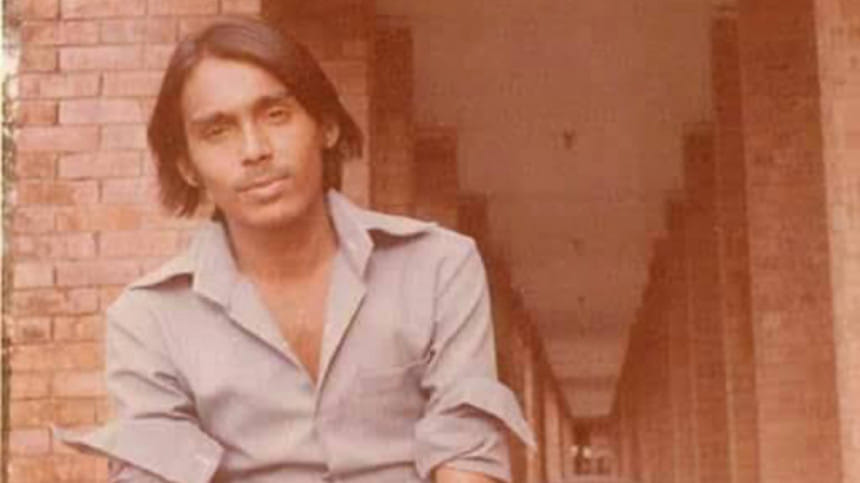
Faridee, a charismatic actor often hailed as the actor's actor and an ideal artiste, captivated many with his expressive gestures, hearty laughter, and compelling personality. His personal life stories have inspired countless individuals. His journey began on stage at the tender age of 12, performing his first play in a neighbourhood theatre in Kishoreganj in 1964.
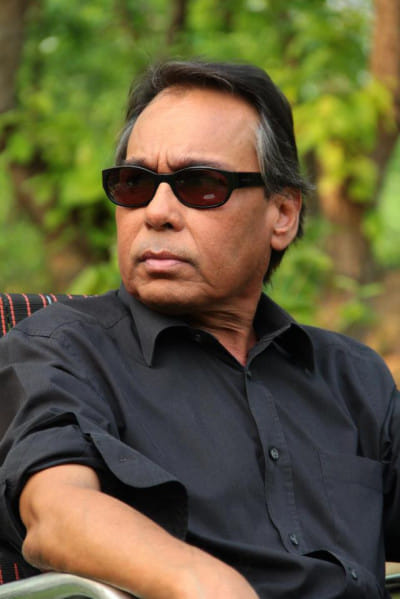
During his school years, Faridee directed his first play, "Bhoot". By 1976, he emerged as one of the key organisers of the inaugural theatre festival at Jahangirnagar University. It was during his university days that he became affiliated with Dhaka Theatre, further showcasing his acting prowess nationwide as a member of the Bangladesh Village Theatre (Gramm Theatre). His formal journey commenced with Jahangirnagar University's inter-theatre competition, where he wrote, directed, and acted in the play "Atmastha O Hironmoyider Brittanto", which was adjudged the best amongst five competing plays.
Born amidst the turmoil of the 1952 Language Movement in Narinda, Dhaka, Faridee's acting career reached commendable heights during his student life. His television debut came in Atikul Haque Chowdhury's production "Nikhoj Sangbad". Known for his mischievous and charming nature since childhood, Faridee spent three decades equally committed to theatre, television, and film, spreading light through his acting until his last breath.
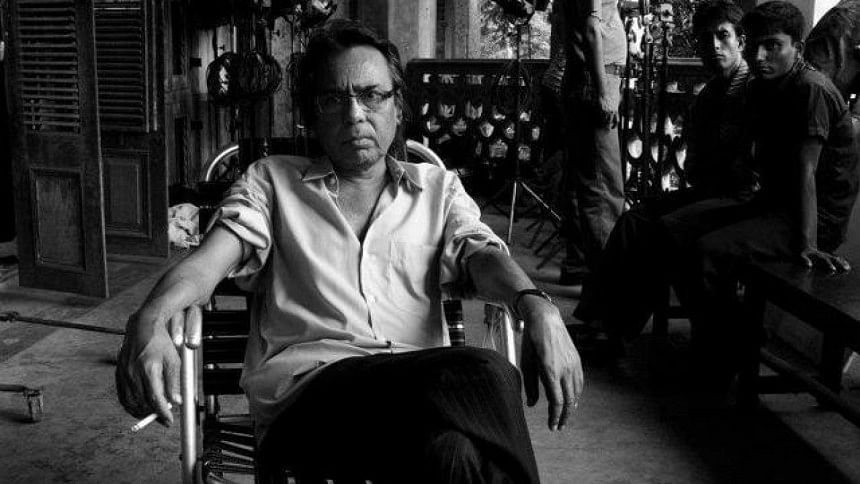
Often regarded as one of the finest actors of Bangladesh, Faridee was genuinely simple, "ordinarily extraordinarily" and unpretentious in his personal life, as recollected by his contemporaries. His interest in theatre began when legendary dramatist Selim Al Deen advised him to join the stage during his student years at Jahangirnagar University, marking the start of his association with one of the country's prominent theatre organisations. However, Humayun Faridee came to prominence in the world of acting with an introduction to Nasir Uddin Yousuff Bachchu of Dhaka Theatre, which marked the start of his illustrious career on stage.
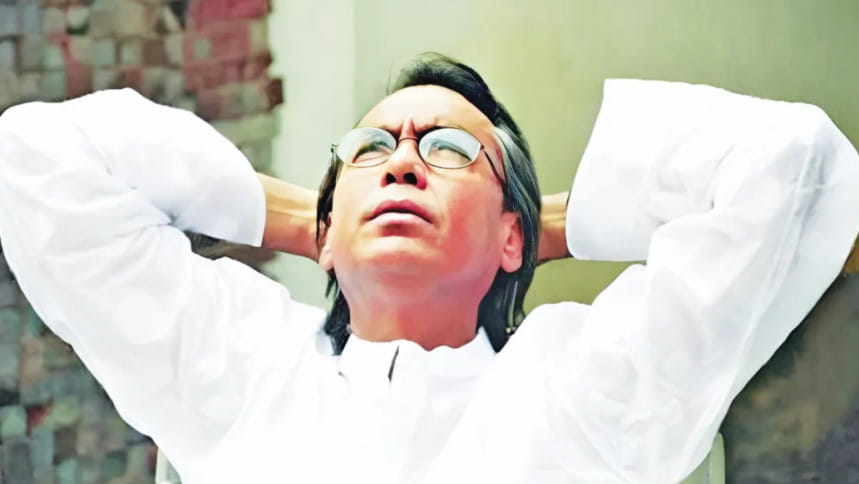
In an interview, Faridee recounted, "At Dhaka Theatre, my initial responsibilities were limited to bringing tea and helping with costumes. I worked on the production of Selim Al Deen's 'Char Kankarar Documentary'. Later, I got a small role in 'Sangbad Cartoon' by the same team, followed by 'Shakuntala'."
The iconic scene from "Ditiyo Jon", featuring Suborna Mustafa and Humayun Faridee, became immensely popular amongst the audiences, showcasing the magic they created on stage.
Remembering Faridee, esteemed theatre personality Ramendu Majumdar once remarked, "From the moment Humayun Faridee first graced the stage, I proclaimed to all that this young man would one day set the theatre world ablaze. Though he gained immense popularity in films, his sharp wit and ability to enliven any serious moment were unparalleled."
Faridee's transition from theatre to television and later cinema was encouraged by his friend and fellow actor Afzal Hossain, who wrote several plays for him. Faridee debuted on TV with "Nikhoj Sangbad" in 1980 and stunned audiences in "Neel Nokshar Shondhane" and "Durbiney Dekhun" in 1982.
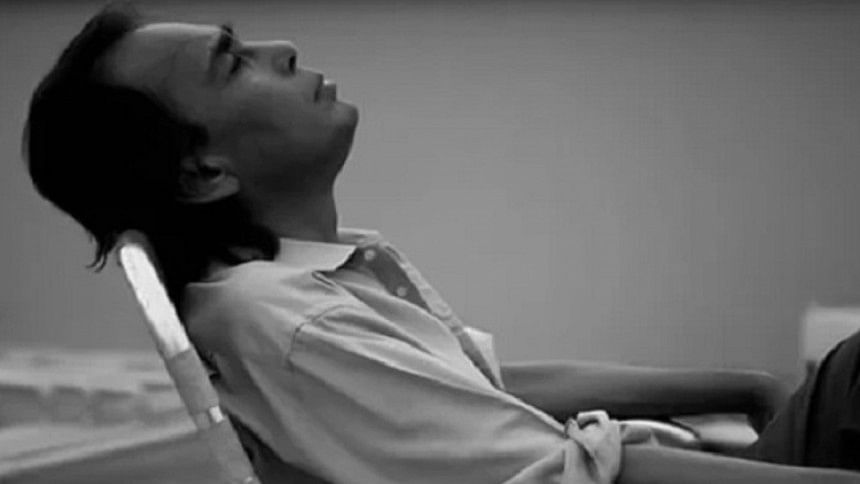
Though his television debut was facilitated by Atiqul Haque Chowdhury, it was Afzal Hossain and Raisul Islam Asad who assisted and encouraged his versatile talent. Faridee gained widespread attention with Selim Al Deen's script and Nasiruddin Yousuff Bachchu's direction in the series "Vangoner Shobdo Shuni", playing the character Seraj Talukdar. He became a household name with his portrayal of "Kan Kata Ramzan" in the renowned BTV drama "Sangsaptak".
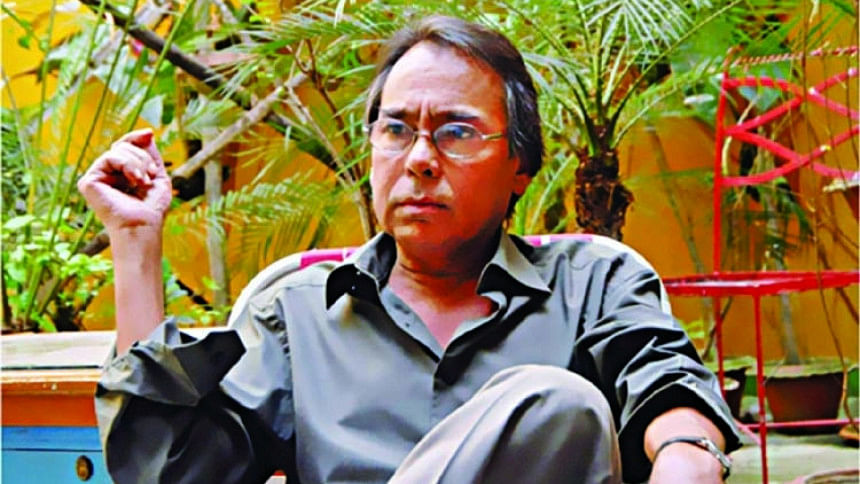
Faridee's notable TV dramas include "Vangoner Shobdo Shuni", "Bokulpur Kotodur", "Mohuar Mon", "Shat Asmaner Siri", "Ekdin Hothat", "Chan Miyar Negative Positive", "Ojattra", "Pathor Shomoy", "Dui Bhai", "Shiter Pakhi", "Kothao Keu Nei", "Somudre Gangchil", "Tin Jon", "Chandragrasta", "Kacher Manush", "Mohona", "Binshkata", "Bhober Hat", and "Shrinkhol". His other works include "Dui Bhuboner Dui Bashinda," "Ekti Lal Sari," "Priyojon Nibas," and the series "Tokhon Hemonto," which he directed, and "Purno Chander Opurnotay".
Assessing Faridee's acting talent, the late theater personality Atiqul Haque Chowdhury remarked, "It takes centuries for a country to produce an artiste like Humayun Faridee. He was a versatile genius."
Humayun Faridee's transition from theatre to film was as dramatic as his performances. Witnessing the deteriorating state of the local film industry, Faridee was initially hesitant about stepping into the world of cinema. However, with encouragement from close friends and his determination, he embarked on a new journey, bringing a unique approach to the silver screen. His first film was Tanvir Mokammel's "Huliah".
In the 1990s, Faridee redefined the villain's role in Bangladeshi cinema through his performances in commercial films directed by Shahidul Islam Khokon. Movies like "Shontrash", "Din Mojur", "Birpurush", and "Loraku" showcased his talent as an antagonist, making him a standout figure. Audiences flocked to theatres not just to see the hero, but to witness Faridee's captivating performances. Shahidul Islam Khokon cast him in 25 out of his 28 films, including "Bishwopremik", "Ophoron", and "Dussahas".

Faridee's filmography includes impactful works like "Dahon," "Ekattorer Jishu," "Durotto," "Bachelor," "Joyjatra," "Shyamol Chhaya," "Mayer Odhikar," "Odhikar Chai," "Tyag," "Mayer Morjada," "Matritto," and "Aha!" His performances brought significant changes to the Bangladeshi film industry. In 2004, Faridee won the National Film Award for "Matritto". He was posthumously awarded the Ekushey Padak in 2018.
Faridee's allure extended beyond his intellect; he harbored a romantic soul, as attested by those in his inner circle. His union with his childhood sweetheart, Minu from Faridpur, unfolded in the simplicity of a ceremony adorned solely by a garland of jasmine flowers, a spectacle that garnered nationwide fascination. From this union, a daughter graced their lives. Yet, his path later intertwined with renowned actress Suborna Mustafa, though their union ended in divorce in 2008.
Even beyond the realms of his personal life, Faridee's enigmatic presence ensnares both devotees and discerning critics alike, establishing him as a cherished luminary in the realm of acting. His departure heralded the dusk of an epoch adorned with unparalleled artistic eloquence. Rare indeed is the soul untouched by the brilliance of his performances, drawing multitudes to bask in the glow of his talent. Today, on this hallowed May 29, his memory dances gently in the hearts of many, destined to be etched in the history of time for epochs to come.

 For all latest news, follow The Daily Star's Google News channel.
For all latest news, follow The Daily Star's Google News channel. 











Comments